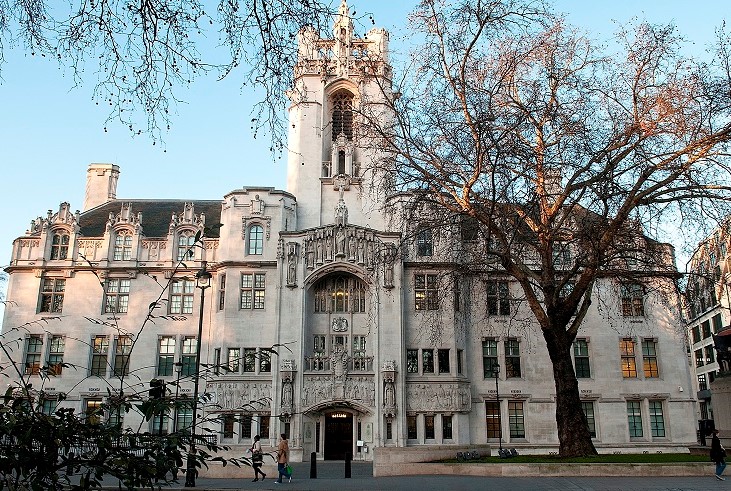Unsecured Creditor
Gibraltar Financial Services Commission: A Lesson in Financial Regulation
The recent collapse of High Street Group and its security trustee, Castle Trust Management and Services, prompts a closer examination of regulatory practices. Along with the importance of due diligence procedures. With the director of High Street Group, Gary Forrest, ordered bankrupt for liabilities totaling tens of millions of pounds. Castle Trust’s director, Steve Knight,…
Read MoreDe Trafford Third Party Recovery: An Update
The recent financial collapse of multiple DeTrafford property development companies hassignificantly impacted purchasers. As they navigate the consequences, a glimmer of hope arises asthe wheels of the third- party action is firmly in motion. Read our previous articles here and here forthe history of this case. The Rise and Fall of DeTrafford: Over the past…
Read MoreNorthumberland Living Developments: Allegations and Challenges
Northumberland Living, In West Chevington Farm, Druridge Bay, is a development poised for completion. Only to be stalled by an apparent unforeseen historical conveyancing issue. The repercussions extend beyond construction delays, with disgruntled purchasers raising concerns about alleged delayed interest payments. This scenario, unfortunately, mirrors another development: Ashbrookes. They also use Castle Trust Management and…
Read MoreSt Anne’s Street Limited: The Perils of Off-Plan Property Purchases
Two luxury housing developments in Liverpool have faced major setbacks, leaving purchasers indespair and dreams of new homes shattered. St Anne’s Street Limited and Chaloner StreetDevelopments, both spearheaded by Liverpool businessman Robert Taylor, are under scrutiny aspromises reportedly remain unfulfilled. St Anne’s Street Limited: St Anne’s Street Limited, a project backed by ex-Premier League footballer…
Read MoreIs Carrie Ann James Blocking Justice for Victims?
The pursuit of justice faces ongoing challenges as victims claim Carrie Ann James appears to be introducing obstacles in the path to justice. We direct your attention to our initial article on this issue as we update you on the developments since then. Despite our initial request for a Norwich Pharmacal Order and Carrie Ann…
Read MoreAppeal court win for company directors
The UK Supreme Court recently dismissed a claim for a law change that would force company directors to take creditors into account at the first sign of insolvency. Instead, the Supreme Court upheld the current law. As a result, directors only need to prioritise creditors when company insolvency is highly likely. Under the current ruling,…
Read More




